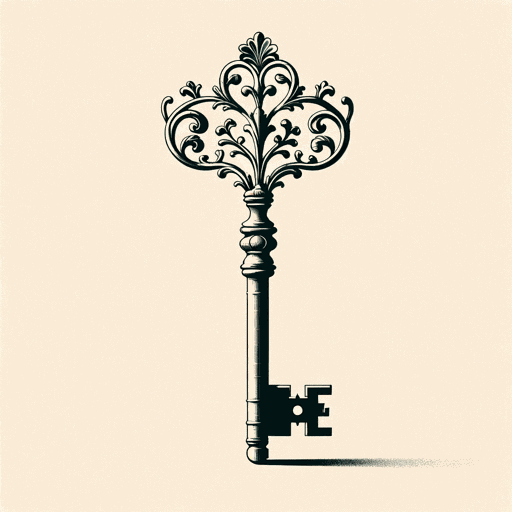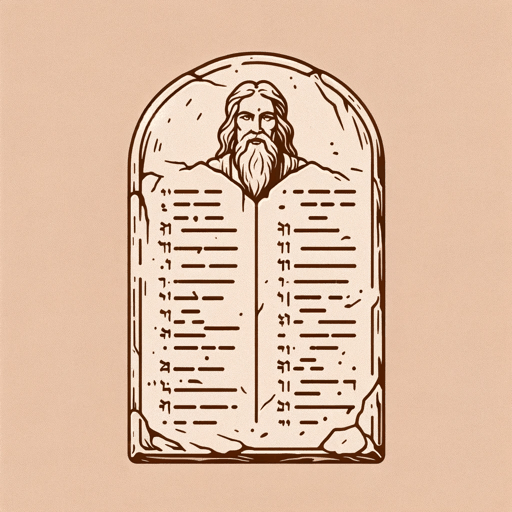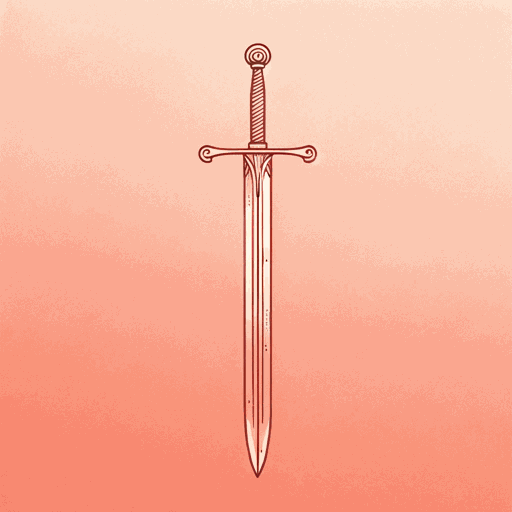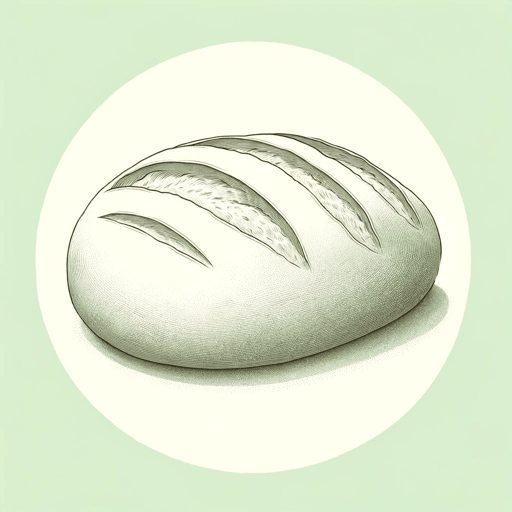54 pages • 1 hour read
AnonymousThe Celebrated Cases of Judge Dee
Fiction | Novel | Adult | Published in 1949A modern alternative to SparkNotes and CliffsNotes, SuperSummary offers high-quality Study Guides with detailed chapter summaries and analysis of major themes, characters, and more.
Themes
Confucianism and the Ideal Gentleman
Confucianism is one of the oldest and most influential Chinese philosophies attributed to the philosopher-teacher Kong Fuzi (or Master Fuzi), who lived in the 6th century BCE. Some of its main concepts are showing filial piety, maintaining strict social order and rituals, fostering benevolence, doing good, and ruling through example. In the Confucian worldview, the ideal person is a gentleman (or superior person) who acts in accordance with Confucian ideas: he respects his superiors, does his best to help and benefit other people, protects those below him, and maintains the important rituals, like making periodic sacrifices to his ancestors.
The Celebrated Cases of Judge Dee is not explicitly about Confucianism—the word is not even mentioned in the text. However, akin to how the values and ideas of Western cultures are innately based a Christian worldview, Chinese life and society until the 20th century were governed by Confucian ideas or versions thereof. In this way the novel is a case study of Confucian ideals and the titular character is an example of an ideal gentlemen—not because of his social status but because of his attitude toward his work and everyone around him. His primary concern is restoring balance by making sure justice is achieved where there is a crime.
Related Titles
By Anonymous

Arabian Nights
Anonymous

Arden of Faversham
Anonymous

A Woman in Berlin
Anonymous

Bible: New Testament: English Standard Version
Anonymous

Bible: Old Testament: English Standard Version
Anonymous

Deuteronomy
Anonymous

Diary of an Oxygen Thief
Anonymous

Do Not Stand at My Grave and Weep
Anonymous

Everyman
Anonymous

Hebrew Bible
Anonymous

Holy Bible
Anonymous

Homeric Hymns
Anonymous

Judith
Anonymous

Laxdaela Saga
Anonymous

Lazarillo De Tormes
Anonymous

Mahabharata
Anonymous

Nibelungenlied
Anonymous

Njals Saga
Anonymous

One Thousand and One Nights
Anonymous

Popol Vuh
Anonymous

